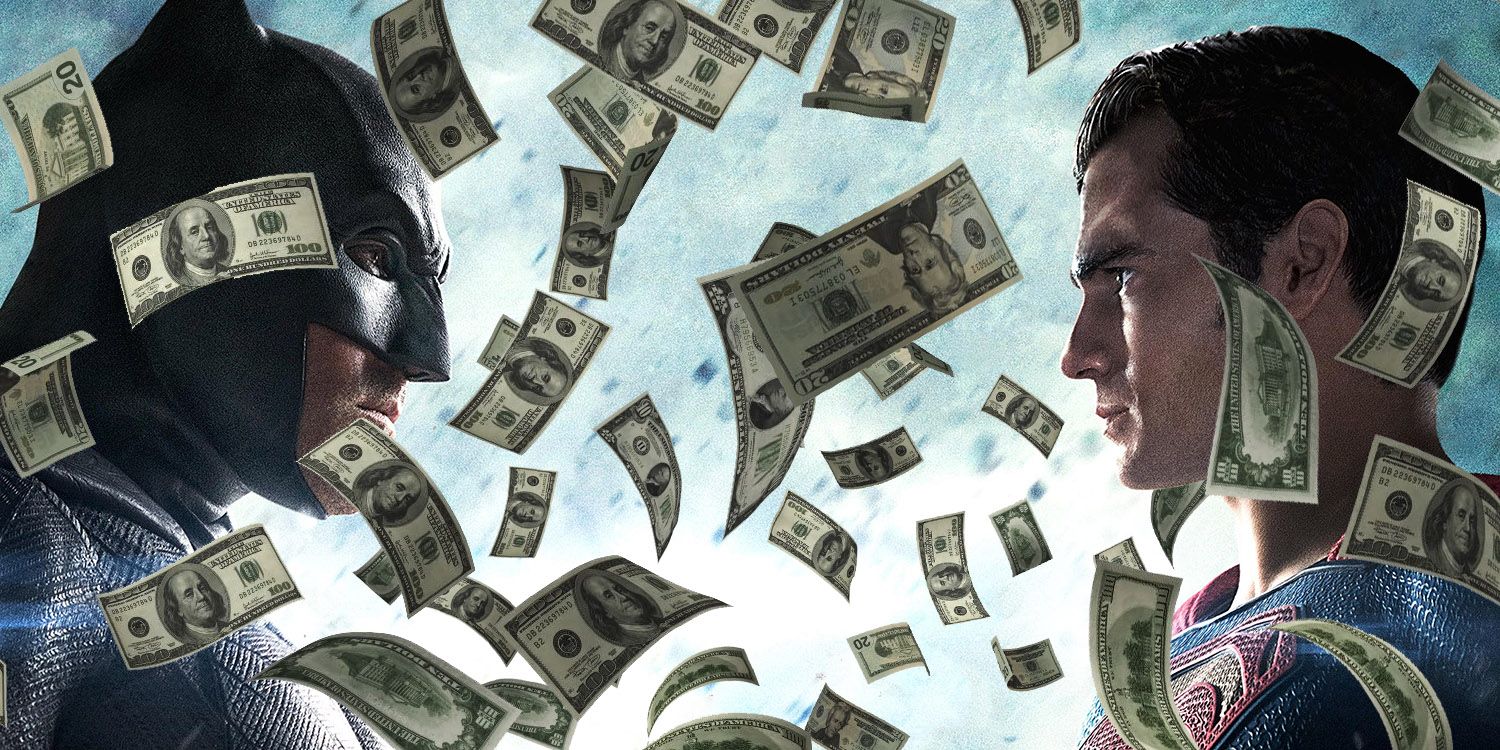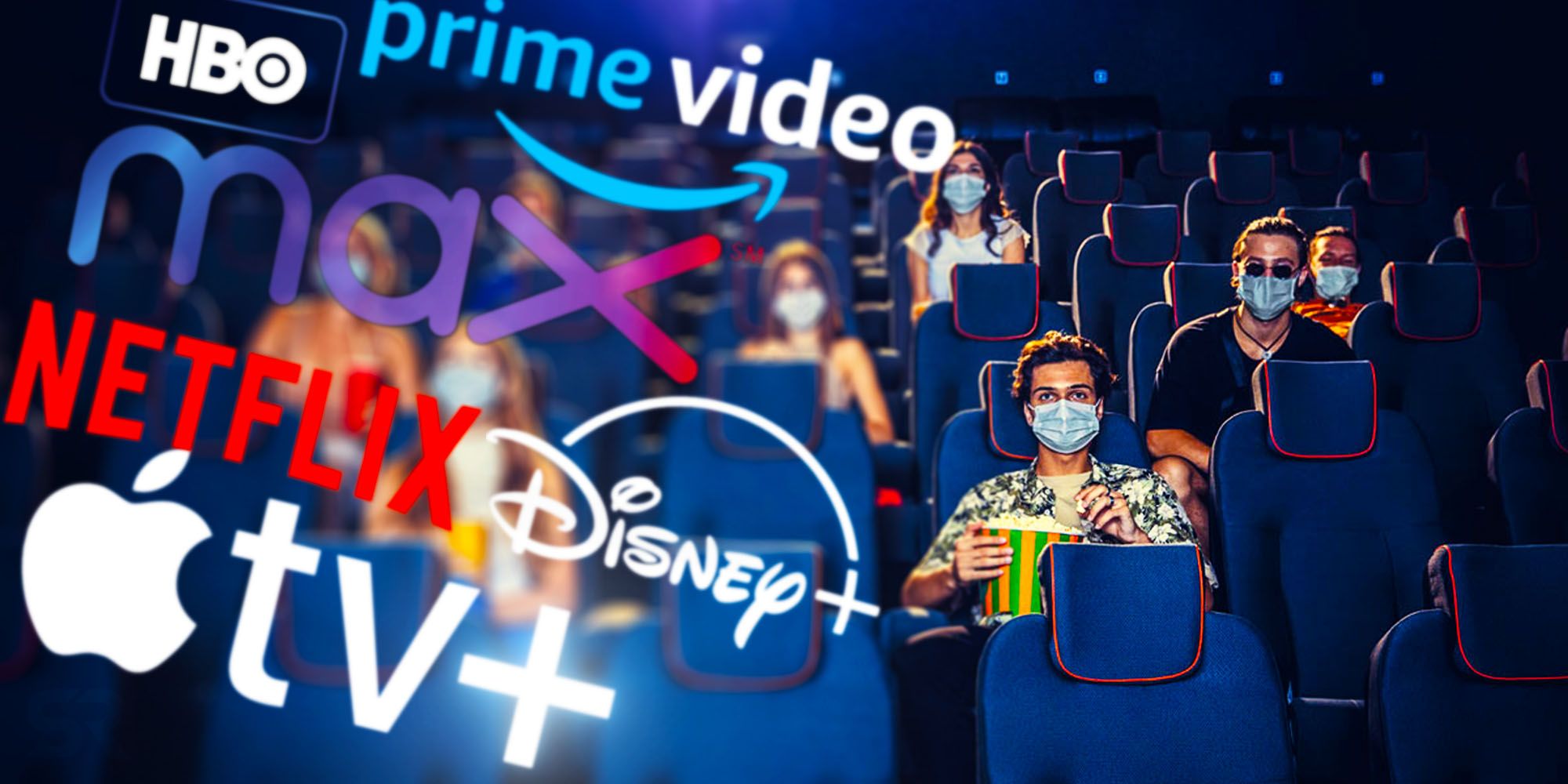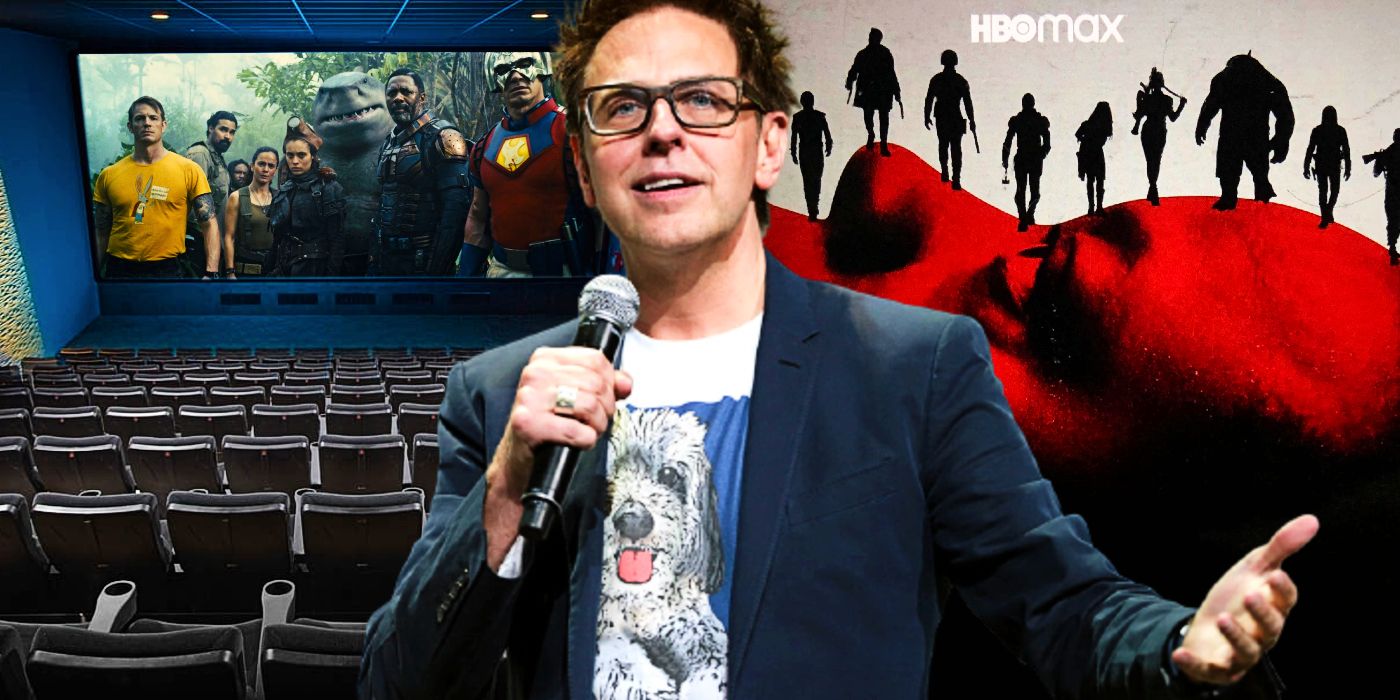The shrunken post-pandemic box office and rise of streaming changed the way movies make money, and thus, our understanding of what makes a movie "successful." The box office isn't bringing in the numbers it used to, and more movies are getting simultaneous streaming releases, in addition to an increase in streaming-only content, so movies aren't generating revenue the same way they have historically.
For decades, the biggest movies were only released theatrically, making the box office a focal point for reporting and discussing a movie's performance. Audiences would often root for or against the box office performance of content they liked or disliked, and box office figures would be propped up next to review scores as evidence of a movie's popularity (or lack thereof), and weekly box office reports were consumed as definitive evidence of a movie's performance.
Related: Movie Box Office Numbers Don't Matter Anymore
More and more big movies were already coming out on streaming before the pandemic, including big awards winners, but that was accelerated thanks to the pandemic. Now that the year's biggest movies have a split, or even exclusive, theatrical release, and box office revenue is much lower than just a few years ago due (mostly) to factors that have nothing to do with movie quality, we need to reconsider the way we evaluate a movie's performance and thus redefine what it means for a movie to be a success.
Box Office Was Never the Full Story of Movie Performance
First of all, it shouldn't need to be said, but box office performance is merely a measurement of commercial performance, not artistic merit, so it should have very little relevance to the audience. Also, plenty of major classics from It's a Wonderful Life to Blade Runner to Fight Club to Scott Pilgrim vs. the World, plenty of bona fide classics didn't perform well in theaters, yet found big success later on TV, physical media, or streaming. Post-theatrical revenue also tends to have a higher profit margin, so, while it may not have the same volume as box office revenue, the long-term performance of a movie after it leaves theaters can have a significant financial impact.
Then, of course, for big franchises, there's other non-box office factors, such as merchandise revenue, which can be even bigger than box office for some franchises, like Star Wars. There's also sequel and spin-off opportunities, which can be even bigger than the original film, such The Dark Knight, which grossed over $1bn internationally after Batman Begins totaling just under $372 million. In that case, while Batman Begins wasn't the biggest hit in the world, its strong critical reception gave Nolan's Batman trilogy the credibility it needed to justify two more billion-dollar earners in The Dark Knight and The Dark Knight Rises.
So, while box office was the first, the most available, and often the biggest metric of success, it was always only one piece of a larger puzzle. Now, it's not even the biggest piece anymore.
Streaming Already Made The Box Office Obsolete
For a long time, box office was the primary way to generate enough revenue for big-budget movies, but as streaming revenue grew, streaming platforms could produce blockbusters of their own, meaning box office wasn't the only game in town. It's not clear exactly how streamers calculate an individual movie's profitability, but they clearly consider them profitable, as streaming exclusive movies are only getting more popular.
Regardless of the performance of any individual movie, streaming revenue is already a much more lucrative route than the box office. Netflix's subscriber base has grown to the point where the platform's yearly revenue more than doubles Disney's biggest year at the box office, and Disney+ is close to passing that same line. Factor in the fact that streaming platforms don't have to split half of their revenue with exhibitors in the same way as studios do for box office revenue for theatrical releases, and it's clear the biggest profit opportunity is streaming. Jason Kilar says there could be movies with billion-dollar budgets eventually, a feat that may never be practical for a theatrical release.
The Post-Pandemic Box Office Won't Fully Recover
Theater attendance was already declining long before the pandemic. Ticket sales were consistently declining for two decades before coronavirus arrived, so the virus just sped the process up. While the post-pandemic box office has made significant strides towards recovery, it's not ever likely to hit pre-pandemic levels again, especially with concerns over the delta variant.
Studios are shifting more movies to streaming releases, and exclusive windows are shrinking, which will only lengthen that divide. The theatrical experience will never go away so long as there's demand for big picture and big sound, but this isn't a societal shift that will revert to pre-pandemic status if and when the world returns to "normal." As a result, theaters will soon be seen as a secondary source of revenue for Hollywood at best, not the primary driver - assuming that shift hasn't already happened in some corner offices.
Studios Are The Only Ones Who Know if a Movie is Successful
While box office hasn't always been the most nuanced metric, it was a fairly transparent and concrete indicator of a movie's performance. Lack of studio transparency over the true cost of most movies and infamous "Hollywood accounting" means even if a movie's budget is reported, costs could be either exaggerated for tax purposes or minimized to make a movie look more profitable for PR purposes or to impress stockholders, so profitability may still be a bit of a question mark, but it can be an easy (if incomplete) indicator of overall popularity.
Now, thanks to streaming, we rarely have any way of even knowing how many times a movie was viewed, much less by how many unique households. Streaming platforms may report vague statistics, but even then the numbers are circumstantial to the number of subscribers on the streamer and what they consider a view, such as reports that count two minutes or more of streaming a single view for that title. Also, regardless of number of views, we don't know how any individual title impacted the streamer financially, such as how many subscribers signed up (or stayed signed up) for that particular movie, or how long they stay subscribed after seeing it. Even movies like Michael Bay's 6 Underground, which Netflix says is one of their most-viewed titles of all time, and therefore one of the most viewed streaming titles ever, can also be considered a failure by Netflix, who decided it wasn't worth producing a 6 Underground sequel. So, even when streaming numbers are released, there's no way of knowing if seemingly top-performing content is actually benefitting the platform.
This might make it hard to discuss the commercial performance of streaming content, as only the streaming platforms themselves truly know if a movie is successful, but it's not really all that different than evaluating the commercial performance of a theatrical release, the box office merely gives us the illusion of more numbers to evaluate, they just lack full context. Of course, this calls into question why audiences should even be aware of the performance of streaming content unless they're a shareholder. Audiences are now free to evaluate a movie on its own merits, without the distracting question of whether it outgrossed the competition or drew enough profit to justify its existence. If a studio likes the impact of a streaming movie, they'll make sequels or more content like that, and if they don't like it they won't, and maybe that's all the audience needs to know.





